Did you know that lemons work as a natural disinfectant, a stain remover, a polish for metals, and so much more? Try these simple cleaning tips using the power of citrus!
- Scrub your dirty dishes or plastic containers with a recently juiced lemon and a little bit of coarse salt to remove any stains or smells. This also works for wooden cutting boards.
- Rub some lemon juice on a sponge and leave it in your refrigerator for several hours to remove any odors.
- Give your microwave a good cleaning by mixing three tablespoons of lemon juice and one and a half cups of water into a microwave-safe bowl. Place the bowl into your microwave and put it on high for five to ten minutes. Then just wipe away any remaining spots with a dishrag.
- Make your own eco-friendly household cleaner with citrus peels and white vinegar. Simply place citrus peels in a glass mason jar, then pour enough vinegar over top to cover the peels. Let the mixture infuse for two weeks, then strain out the vinegar into a spray bottle!
Cleaning With Lemon Juice [DIY Network]
10 Clever Ways to Clean With a Lemon [The Kitchn]
34 Useful Reasons to Load Up On Lemons [Reader’s Digest]
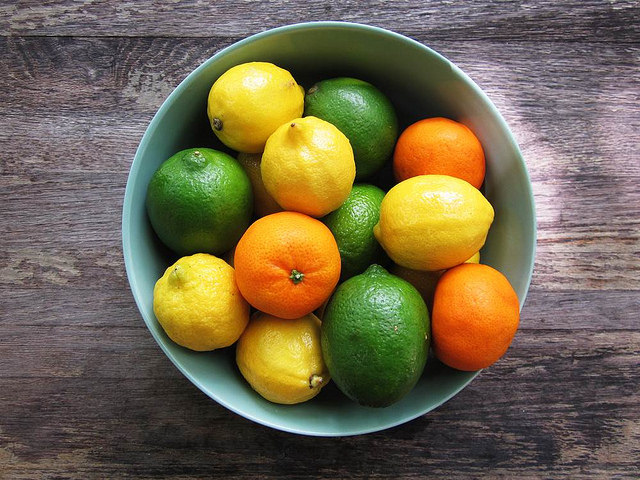
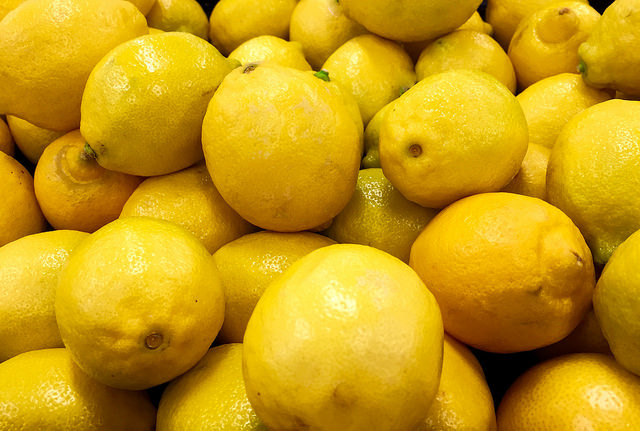
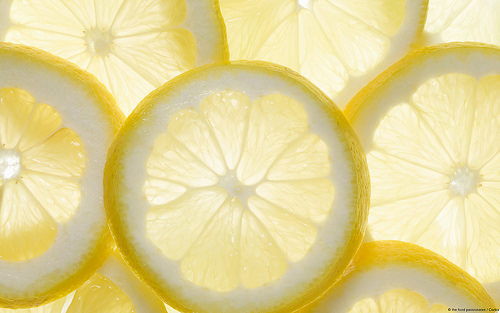
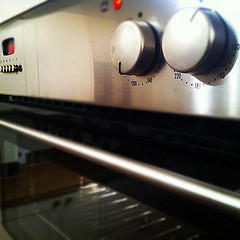
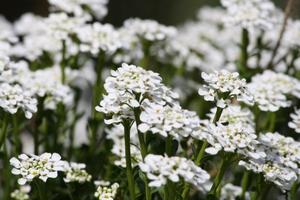
 Equal Housing Opportunity
Equal Housing Opportunity